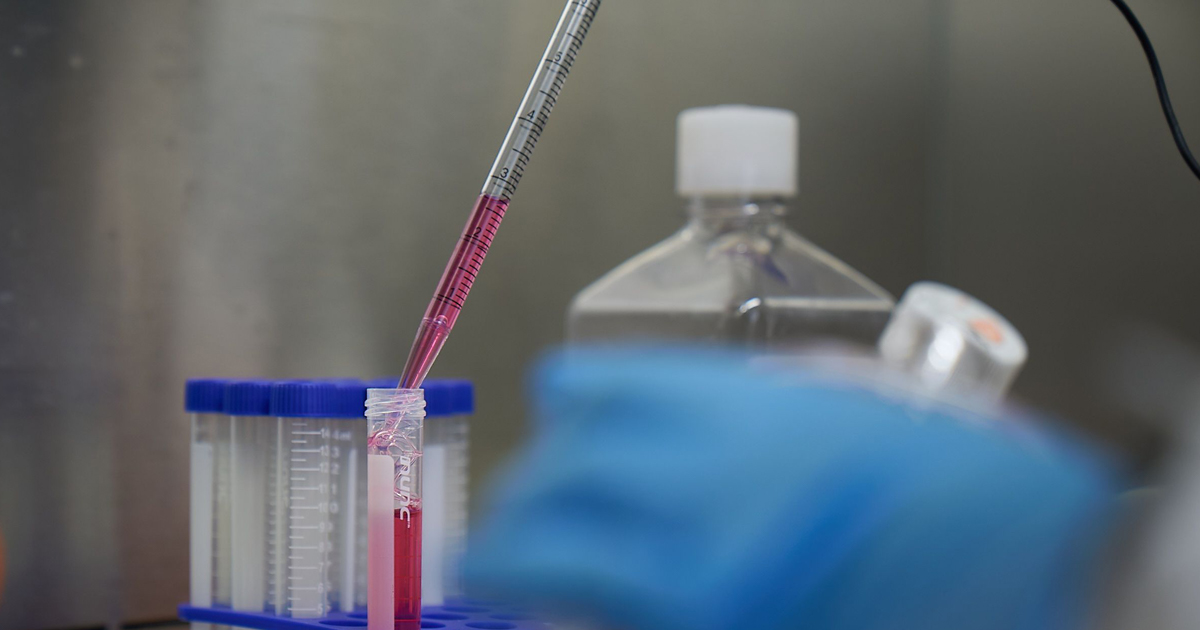
The four-year project is a collaboration with four other institutions aimed at incorporating social-scientific issues in STEM classrooms.
Why is water quality an issue that disproportionately affects urban areas? Can climate change and its effects be mitigated? Should rare-earth elements be mined in the United States?
All three questions, when posed to students, are examples of socio-scientific issues—the application of social issues as catalysts for classroom instruction.
The National Science Foundation (NSF) has awarded a nearly $3 million collaborative, four-year research and development grant to La Salle University and four other Pennsylvania universities aimed at the exploration of socio-scientific inquiry in the STEM fields.
The use of socio-scientific issues (SSI) in classroom instruction is not a novel concept. Recently, teachers in the STEM fields have turned to SSI to help students understand big-picture issues and conceptualize solutions to problems in their communities. This model ignites students’ interests, maintains motivation, spurs classroom discussion and debate, and enhances instruction beyond the general inquiry-based model that’s more common in academic settings.
Beginning July 1, 2021, and over the next four years, La Salle will collaborate with four partner institutions—Arcadia University (Glenside), the project’s lead; as well as Mercyhurst University (Erie); Saint Joseph’s University (Philadelphia); and Villanova University (Radnor).
Together, each university’s principal and co-principal investigators (PIs) will work closely with high school teachers on professional development programs and the incorporation of socio-scientific issues into their classrooms. More specifically, the PIs will develop teaching models in applying the NSF’s seven-figure grant toward research and implementation on a proof of concept.
“The literature is very clear—students with good teachers and good instruction will achieve. Students often fall out of the STEM pipeline because they’re not engaged,” said professor of education Greer Richardson, Ph.D., who will serve as La Salle’s PI on the NSF grant. “The socio-scientific issues model will improve classroom engagement and the achievement gap, and make a difference in the lives of students.”
“NSF has shown great interest in linking social justice to science education. The time has come to incorporate socio-scientific issues into STEM,” said La Salle’s Ling Liang, Ph.D., associate professor of education and co-PI on the research grant. “We’re going to engage teachers to support students in their STEM learning through investigating socio-scientific issues and inequities in their local communities. That’s in line with our University mission and we are excited to be leading a conversation in this area.”
—Christopher A. Vito